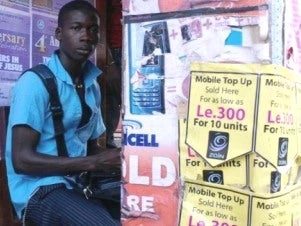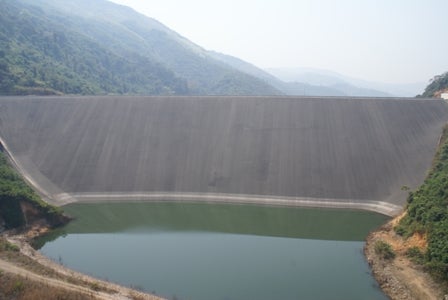
The energy sector in Sierra Leone has long faced under-investments. Not very long ago Freetown had the dubious distinction of being the darkest capital in the world and the Bumbuna dam remained elusive.
Since the completion of the dam, Freetown has been benefitting from its power, albeit at reduced levels. Still, the energy sector suffers from years of neglect and governance challenges. With astonishingly high levels of technical and commercial losses (estimated to be nearly 50%), new investments in the energy sector are unlikely to deliver returns unless this hemorrhage is stopped. So in December, the government got the Parliamentary nod for two significant laws to strengthen the regulatory environment and improve the performance of the utility – setting up of an independent regulator and unbundling the electricity sector.
 There is still a long way to go before the country can fully benefit from its abundant hydropower potential, but implementing the new laws is clearly on the critical path.
There is still a long way to go before the country can fully benefit from its abundant hydropower potential, but implementing the new laws is clearly on the critical path.
Another sector with significant growth potential across Africa is the telecommunication and ICT sector. Sierra Leone too has seen some exciting developments with the recent arrival of the submarine cable. But the existing monopoly for the international telecom gateway has been constraining the sector from realizing its full growth potential. The total outgoing telecom traffic only grew by 55% during 2006-08, while some other countries in the sub-region saw 200% growth during the same period. There is also the problem of a large share of traffic diverted through illegal operators, because of the monopoly, leading to a loss of revenues for the country. And the net loser is the average person on the street, who spends $0.22 a minute for an international call – two to three times what their counterparts in other African countries pay. The government has now publicly announced a firm timetable for revoking the monopoly of the gateway later this year (which would allow other operators to manage gateways in the future), and undertaking revisions to the existing telecommunication law to increase competition in the sector.
Both these reforms have no doubt been tough, but they could unleash a lot of economic activity and jobs. Coming on the back of Sierra Leone’s recent impressive performance in the Doing Business scores, they suddenly makes both these sectors look that much more attractive to investors and entrepreneurs. No doubt, the enormous spin-offs from a vibrant energy and telecom sector would only benefit the people of the country in the coming years. There is still a lot of work to be done in implementing these reforms – which would require resoluteness -- but nevertheless it has been a great way to end the year for the country.


Join the Conversation